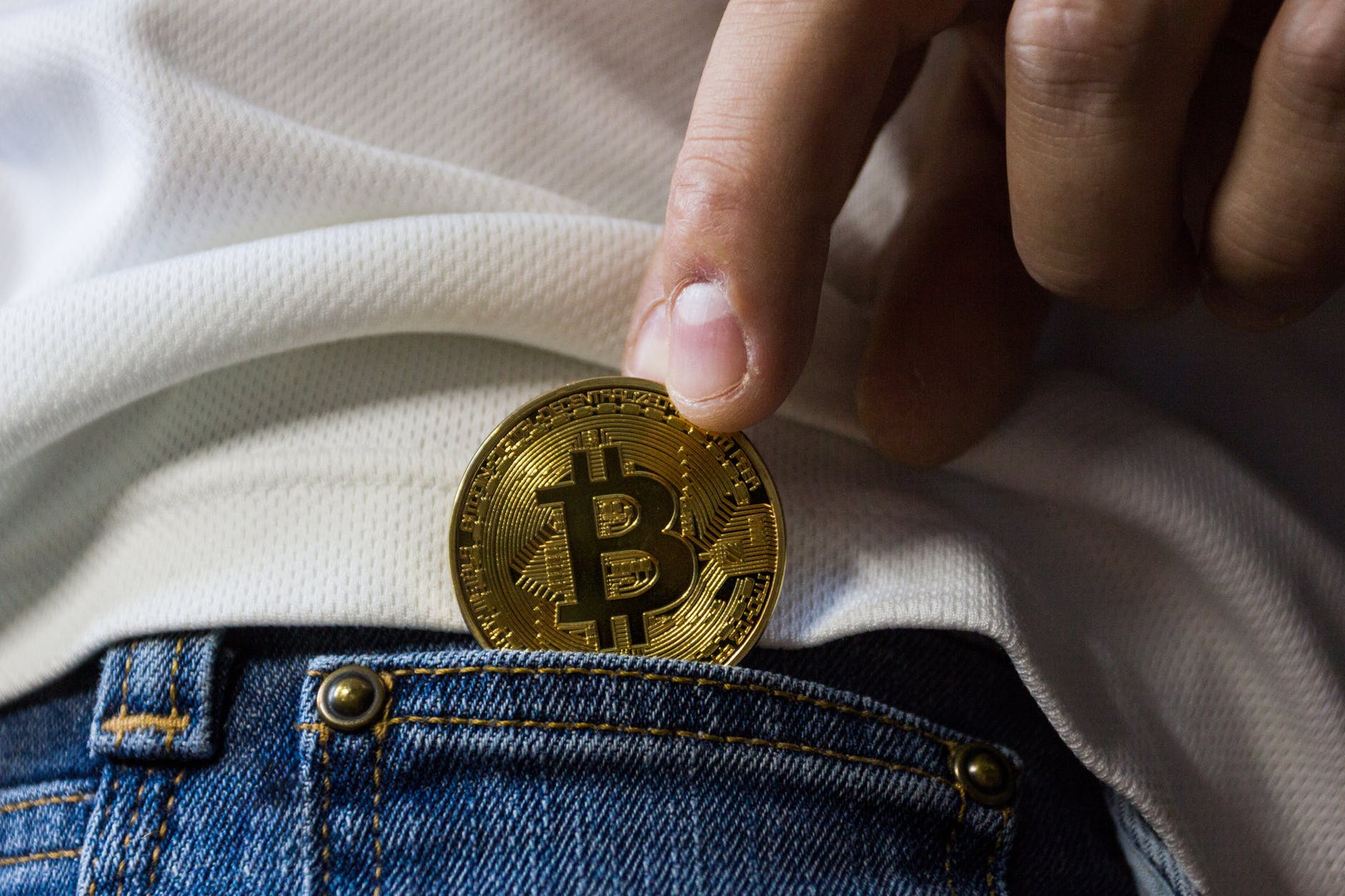Blog
Bitcoin fortifying its positions: El Salvador, Paraguay and Beyond
Jun 30, 2021Paraguay is taking steps to accept BTC as a legal tender and continue a trend, set by El Salvador.
Nearly for a month, Bitcoin has been fluctuating between $30,000 and $40,000. While on the 30th of June BTC price is set to be almost $35,000 , there are signs of Bitcoin price increasing significantly in the nearest time.
Nayib Bukele, president of El Salvador, last week made a statement that Bitcoin will officially become legal tender in the country on 7th of September.
Moreover, president Bukele announced that in terms of governmental program of Bitcoin spreading, each adult citizen of El Salvador will receive $30 in BTC upon installation of the government’s Bitcoin wallet app. However, the president pointed out, that the use of Bitcoin will be optional and that salaries and pensions will continue to be paid in U.S. dollars.
El Salvador may become the trendsetter of BTC implementation – last week, a bill proposed in Paraguay would make Paraguay the second country to accept Bitcoin as a legal tender. Shortly after, the American University of Paraguay announced that it will accept tuition payments in Bitcoin.
Carlitos Rejala, a member of Paraguay’s parliament, wrote about the bill on Twitter: “[…] Our country needs to advance hand in hand with the new generation. The moment has come, our moment. This week we start with an important project to innovate Paraguay in front of the world!”
Even before Paraguay, Tanzanian President Suluhu Hassan addressed the nation’s financial chiefs with a plea to prepare for cryptocurrency implementation: “We have witnessed the emergence of a new journey through the internet,” she declared. “I know that throughout the nation, including Tanzania, they have not accepted or started using these routes. However, my call to the Central Bank is that you should start working on that development. The Central Bank should be ready for the changes and not be caught unprepared.”
The effects of Bitcoin implementation by developing countries may positively result not only in BTC price, but also cause growth of Bitcoin users count.
For example, Cryptocurrency market analyst Willy Woo wrote on Twitter that even El Salvador’s $30 BTC airdrop could bump up BTC: “Assuming all 4.5m adults in El Salvador take up this offer, it’s roughly a 2.5% overnight boost to #bitcoin’s global user count.”
If Paraguay will stick to this idea, there are another 7 million potential users of Bitcoin.
Whilst El Salvador, Paraguay, Tanzania and other developing countries fairly see Bitcoin as an opportunity to improve their economy, on the other side of the globe picture looks different – the government of China took steps to crack down on Bitcoin usage.
In May, the Chinese government announced that it would be banning working relationships between traditional financial institutions and cryptocurrency platforms. Then, this month, authorities in several regions of China tightened restrictions on Bitcoin miners.
However, with growth of interest in Bitcoin adoption by countries, a number of questions arises: all of these countries will need to find efficient ways of converting large amounts of BTC to cash, or more nations may need to consider accepting BTC payments for international trade–or both.
Another aspect which may affect the future of Bitcoin usage is idea of nationally-issued cryptocurrencies, as China has been working on issuing a nationally-issued digital currency for several years; the United States is considering launching a ‘digital dollar’, and the European Union has been exploring a ‘digital euro’.
Therefore, one could imagine the formation of an international digital currency exchange system that could co-exist with or eventually overtake today’s foreign exchange rails. However, as journalist Jon Fingas pointed out in an article for Engadget, “Merely launching crypto payments also isn’t a guarantee of success.” “Venezuela hasn’t gotten far with its Petro currency, although it was mainly intended as an end-run around international sanctions. It’s also tied to oil, which has had its own volatility thanks to the COVID-19 pandemic,” he explained.
Similarly, while national movements toward Bitcoin and nationally-issued coins could have big implications for the future of finance, it could be a long time before any of these movements are truly considered to be ‘successful’.
Our editorial office will continue to keep an eye out on escalation of acceptance of Bitcoin as a legal tender and on cryptocurrency market as a whole, as despite all of the issues that may be caused by cryptocurrency implementation, we still believe that this will be a massive step for developing countries economy and humanity as a whole.


